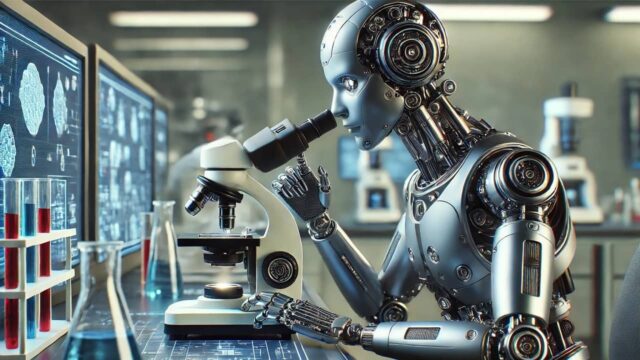In a groundbreaking discovery, scientists have identified bacteria capable of breaking down plastic waste. This remarkable finding could significantly alleviate global pollution issues. Researchers from various institutions worked together, revealing these bacteria’s potential in tackling the plastic crisis.
The researchers discovered these unique microorganisms in compost piles. They observed how these bacteria thrived on plastic debris, showing promise for future waste management solutions. The findings offer hope in an era when plastic waste poses a severe environmental threat.
Plastic pollution remains a pressing issue worldwide. Millions of tons of plastic enter oceans and landfills annually, harming wildlife and ecosystems. Traditional recycling methods often fail to keep up with the staggering amount of waste generated. This discovery of bacteria that consume plastic could change the game entirely.
Innovative methods for plastic waste management
Dr. Sarah Thompson, a leading researcher on the project, stated, “Our findings indicate that these bacteria can degrade plastics effectively. This could lead to innovative methods for plastic waste management.” She emphasized that further studies are crucial to fully understand the bacteria’s mechanisms and effectiveness.
Scientists envision using these bacteria in various settings, including waste treatment plants and compost facilities. They believe large-scale applications could lead to significant reductions in plastic waste. This approach could revolutionize how we manage plastic pollution.
As the world grapples with the consequences of plastic waste, this discovery sparks optimism. The potential for natural solutions to combat pollution grows stronger. Researchers plan to conduct more extensive studies on these bacteria in the coming months.
The findings have already garnered attention from environmental organizations. Activists hope to leverage this research to push for more sustainable waste management practices. The quest to combat plastic pollution may soon have a promising ally in these remarkable microorganisms.














